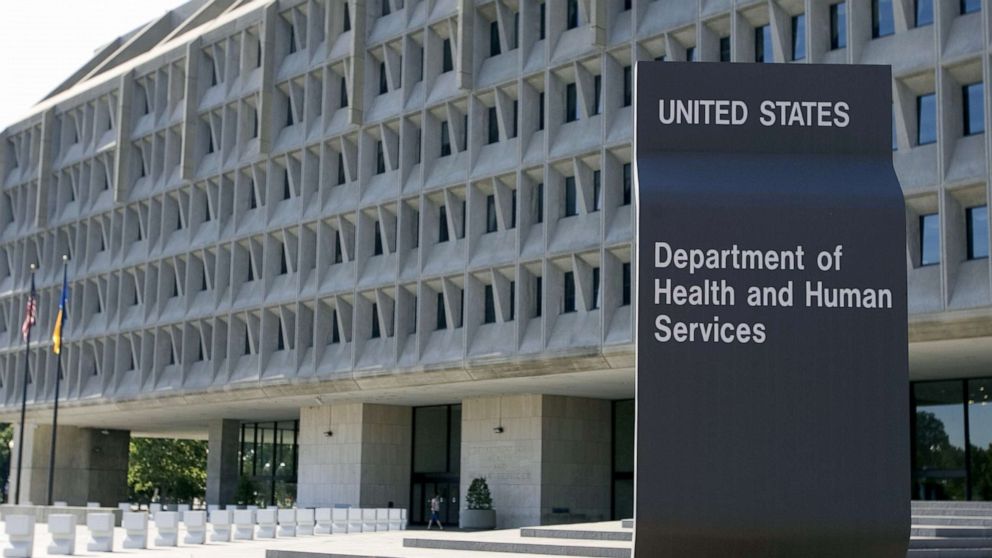HHS Restores Vital Black Lung Protections for Coal Miners After Reversing NIOSH Firings

In a significant victory for coal miners and their families, the Department of Health and Human Services (HHS) has reversed the controversial firings of over 100 employees at the National Institute for Occupational Safety and Health (NIOSH). These employees were instrumental in safeguarding miners from the debilitating effects of black lung disease.
Senator Shelley Moore Capito of West Virginia, a vocal advocate for coal miners' health, announced the reversal, highlighting the critical importance of NIOSH’s work. The firings, which occurred late last year, sparked widespread concern among labor advocates and health professionals, who feared they would undermine the institute’s ability to conduct essential research and implement crucial safety measures.
The Controversy and its Impact
The initial firings were part of a broader restructuring effort within NIOSH, overseen by a Trump-appointed official. Critics argued that the move was politically motivated and would severely hamper NIOSH’s capacity to monitor and prevent black lung disease, a chronic and often fatal respiratory illness caused by coal dust exposure. Black lung, also known as pneumoconiosis, has historically plagued coal mining communities, and recent years have seen a worrying resurgence of the disease despite decades of safety improvements.
The dismissed employees included researchers, health physicists, and other specialists with years of experience in black lung prevention and mitigation. Their expertise was considered invaluable in conducting epidemiological studies, developing effective dust control technologies, and providing technical assistance to mining companies and workers.
HHS Intervention and the Path Forward
Following intense pressure from Senator Capito and other concerned parties, HHS Secretary Xavier Becerra intervened, ordering a review of the firings. The review concluded that the dismissals were unjustified and would have detrimental consequences for coal miners' health and safety.
“This is a tremendous win for the coal miners of West Virginia and across the nation,” Senator Capito stated. “These dedicated professionals are essential to protecting our miners from the devastating effects of black lung disease. I commend Secretary Becerra for recognizing the importance of their work and reversing this harmful decision.”
The restoration of these employees is expected to bolster NIOSH’s efforts to:
- Continue vital research on black lung disease and its prevention.
- Strengthen surveillance and monitoring of coal dust levels in mines.
- Develop and implement innovative dust control technologies.
- Provide training and education to miners and mining companies on best practices for respiratory protection.
Looking Ahead: Ensuring Miner Safety
While the HHS reversal is a positive development, it also underscores the importance of ongoing vigilance in protecting the health and safety of coal miners. The resurgence of black lung disease highlights the need for continued investment in NIOSH’s research and enforcement of strict safety regulations. It is crucial that policymakers and industry stakeholders prioritize the well-being of these essential workers, who face significant health risks in their daily labor.
The Biden administration's commitment to worker safety is evident in this action, and it signals a renewed focus on protecting the health of coal miners and ensuring a safer working environment for all.






